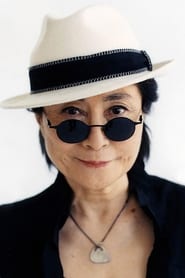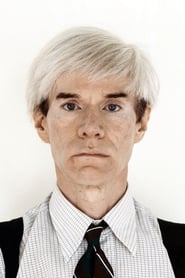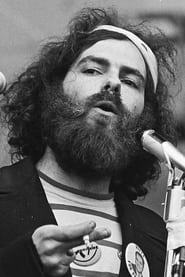
One to One: John & Yoko (2025)
1h 44m | PG-13
An exploration of the seminal and transformative 18 months that one of music’s most famous couples — John Lennon and Yoko Ono — spent living in Greenwich Village, New York City, in the early 1970s.
Director: Kevin Macdonald
Studio: Mercury Studios
Genre: Documentary, Music
Video: 720p
Cast

John Lennon
as Self (archive footage)

Yoko Ono
as Self (archive footage)

Andy Warhol
as Self (archive footage)

Stevie Wonder
as Self (archive footage)

Jerry Rubin
as Self (archive footage)

May Pang
as Self (archive footage)
Reviews
This is quite an eye-opening documentary that uses the 1972 “One to One” concert that John and Yoko did to raise funds for the infamous Willowbrook hospital - where the appalling treatment of kids with learning difficulties turned heads and stomachs in equal measure, to shine a light on Nixon’s United States. Using an astonishing collection of archive of not just this couple, but of newsreels and television content, Kevin Macdonald presents a pretty galling indictment of a society riddled with racism, homophobia and ignorance against a backdrop of a flower power movement determined to stop the war in Vietnam. I suppose Jerry Rubin would have been called an agitator by the authorities, with his vocal and vociferous criticism of all things government, and his relationship with the Lennon’s is also under a spotlight of scrutiny that led to their threatened deportation. By the end of this, and after Nixon’s landslide victory in the election, it isn’t hard to see why the administration wanted shot of the pair - though that might have had more to do with her terrible singing than with his determination to turns weapons into plant pots and release all prisoners. It is still quite a resonating position even now when the naïveté of their grand design appeals on a superficial level but never delivers adequate enough solutions for the general population who still tend to believe what they are told by the folks they vote for, and obviously the timeframe of this feature is well before the full impact of “Watergate” kicks in rather torpedoes that faith. I could have done with more music, and perhaps a little more from the pair about his leaving the “Beatles” and of her own subsequent vilification from just about everyone, but this is still an illuminating look at a society struggling to emerge from the 1960s, showing the simultaneous power and the impotence of protest, and is worth a watch.
